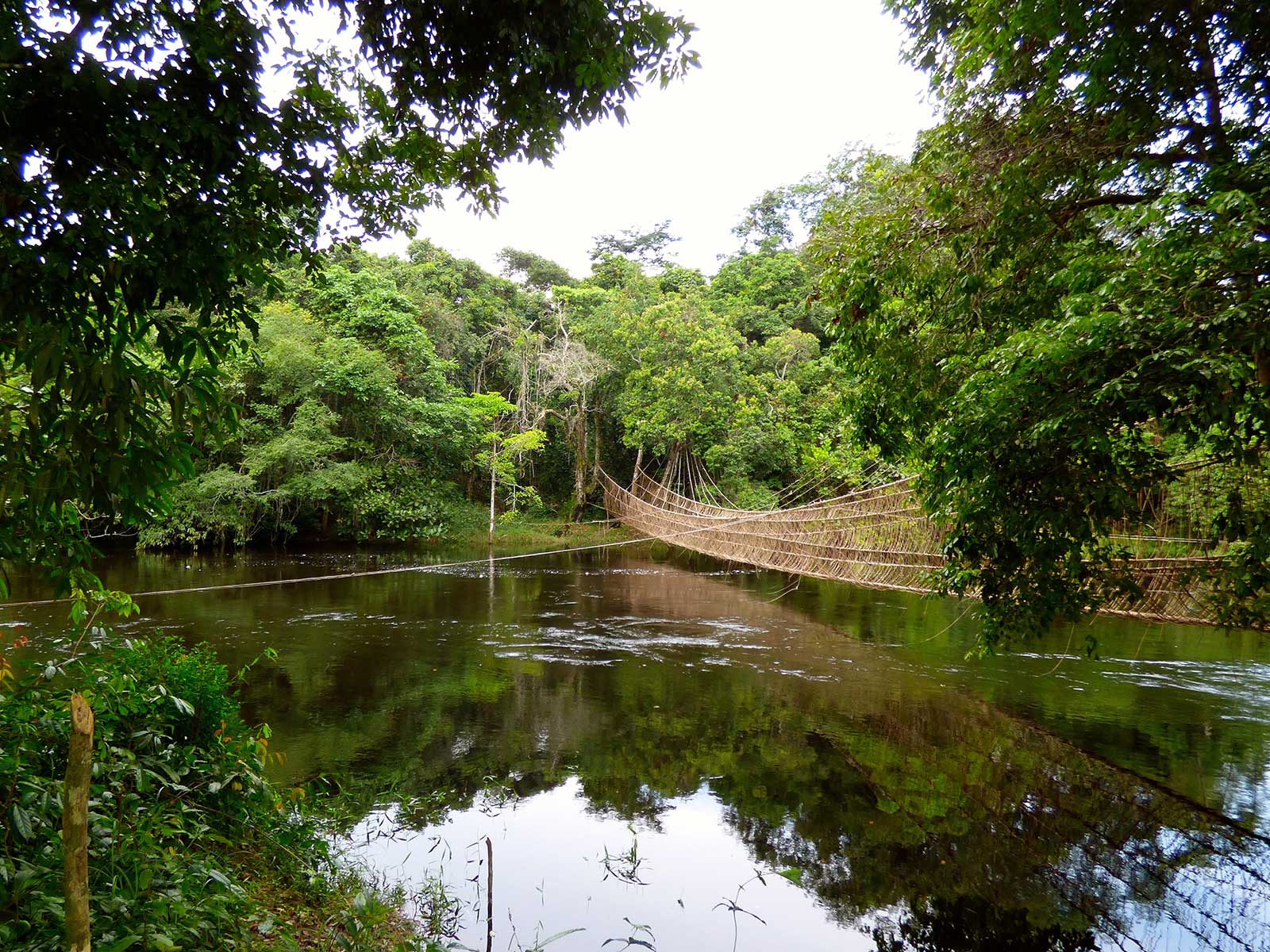Photo Credit: Jason Houston
Coach Certification Program
2024 Cohort of Certified Coaches
- Marcia Brown (United States)
- Genevieve Pence (South Africa)
- Kathleen Flower (Senegal/USA)
- Luis Costa (Portugal)
2023 Cohort of Certified Coaches
- Caroline Stem (United States)
- Vinaya Swaminathan (UK)
- Annette Olsson (Denmark)
- Catherine Payne (UK)
2022 Cohort of Certified Coaches
- Susan O’Neil (United States)
2021 Cohort of Certified Coaches
- Emma Ignic (Australia)
- Heather Eves (United States)
- Josh Noseworthy (Canada/UK)
2020 Cohort of Certified Coaches
- Vladimir Milushev (Bulgaria)
- Natalie Holland (Australia)
- Paola Mejia (Uruguay)
2019 Cohort of Certified Coaches
- Nico Boenisch (Germany)
- Erica Cochrane (United States)
- Andy Dickerson (United States)
- Xavier Escute (Spain (Catalonia))
- Tobias Garstecki (Germany)
- Irina Montenegro (Chile)
- Quinn Shurtliff (United States)
2018 Cohort of Certified Coaches
- Stuart Cowell (Australia)
- Felix Cybulla (Germany)
- Oscar Maldonado (Guatemala)
- John Morrison (United States)
- Nick Salafsky (United States)
- Rob Sutter (United States)
- Ilke Tilders (Netherlands)
- Pip Walsh (Australia)
Following requests from our CCNet community, in 2017 we launched a second party certification program, where CCNet is the entity certifying Conservation Coaches. The first cohort of Certified Coaches was presented at the 2018 Coaches Rally in Australia.
The CCNet Certification Program provides an opportunity for conservation practitioners who coach projects with the Open Standards for the Practice of Conservation (Conservation Standards or CS), to be recognized through certification – indicating that they have achieved an “officially” acknowledged level of proficiency.
All Conservation Coaches, whether they seek certification or not, should periodically reflect on their skills and experience, and seek to improve. The self-assessment was developed for this purpose.
Because the certification process requires a significant effort and a documented high level of proficiency, only a certain percentage of coaches are expected to seek certification. And to be clear: you don’t have to be certified to call yourself, and act as, a Conservation Coach. Certification is only for those coaches who feel the need (e.g., as a consultant) to have those credentials. Time will tell how important and widespread certification becomes as coaching becomes more professional.
Constituencies for certification include:
- Consulting Conservation Coaches who can use certification to assure potential clients;
- Members of medium to large conservation organizations whose organization will support or even eventually require their certification
We believe that once 40-50 coaches are certified, the program will be recognized as a clear and desirable standard and should become sustainable.
TYPICAL COACH DEVELOPMENT PATHWAYS

Application Process
Applications will be reviewed once a year. If you are unsure whether or not you are ready to seek certification, we recommend that you read the coach self-designations. If you decide that you are a Coach-in-Training, it might be best to gain further experience before you apply for certification. Feel free to inquire with John Morrison or Stuart Cowell before filling out the extensive application form.
The application form includes fields for:
- Name
- Current, past orgs
- List any OS training in a table (including webinars, etc., including date(s), location, trainers’ names)
- List all OS experience in a table (including date(s), title, realm (fw, terr, mar), country(ies), training vs. planning vs. monitoring vs. implementation of CS, # days involved, contact person & email)
- List conservation experience in general
- List any relevant special expertise (monitoring, facilitation, ecological knowledge, etc.)
- List of 3 CS references in a table (with emphasis on experienced coaches who have seen you at work as a coach). Project leaders/managers & team members can be sent a template to fill out
- Attach work product examples, if relevant and possible
- Fill out self-assessment
Cost Structure (USD)
- Developed Countries: Application fee $300 (total) for three years, $150 (total) for three-year renewal
- Developing Countries/Areas: Application fee $150 (total) for three years, $100 (total) for three year renewal
At renewal, applicants would need to show that they had made an effort to stay current with accepted practice (as identified in the self-assessment) and been active as a coach.
Coach Certification Levels
- Coach in Training – this basically means the coach is not yet fully competent or appropriately experienced in all required areas in order to be certified. Coaches in Training should be caught at the application stage and most of their application fee would be refunded. Coaches in Training can still call themselves a Coach.
- Certified Coach – a fully competent coach.
- “Master” Coach – an exceptional coach who can handle virtually any situation. This would be a relatively rare designation.
Here you can learn more about the CCNet certification process.
Coaches Resource Library
CCNet maintains a variety of resources to support Coaches in the presentation and use of the Conservation Standards. Most of the resources are found in multiple languages in the Coaches Notebook that is part of CCNet New Coach Trainings. In addition, in our Resource Library you can find a wealth of support materials shared by Coaches and Conservation Standards practitioners.
Photo Credit: Ashleigh Baker
Our Collaborators
Every organization, agency, project, and individual has its own preferred set of terms. There is no right answer – the most important thing is that the members of your project team and the people with whom you work have a clear and common understanding of whatever terms you choose to use.
Photo Credit: Chris Scarffe
Download CS
The Conservation Standards is the product of inputs, field tests, and discussions among members of the Conservation Measures Partnership (CMP), which has final editorial authority over the Conservation Standards. Substantial input was also provided by members of the Conservation Coaches Network (CCNet) and other CMP partners.
Photo Credit: Felix Cybulla
Contact CCNet
To inquire about supporting CCNet or for general inquiries, please contact:
John Morrison - CCNet Global Coordinator john.morrison@wwfus.org
Cristina Lasch - CCNet Technical Coordinator clasch@tnc.org
Photo Credit: Diane Detoeuf

